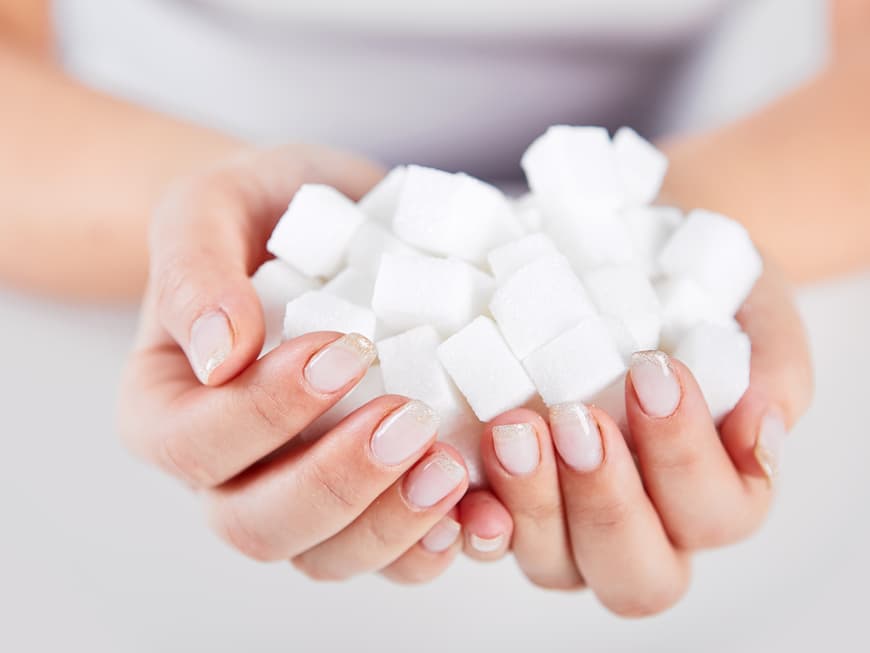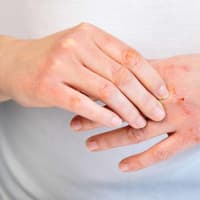
It is not a truism that sugar is unhealthy; the World Health Organization (WHO) actually recommends consuming no more than 25 grams of sugar a day. This corresponds to about eight sugar cubes. However, we actually eat 90 grams or more - that's 30 sugar cubes. Too much. This is because sugar is stored in the liver and only released when it is needed. Whatever is not required by the body remains in the organ. And this often leads to a fatty liver - without even a drop of alcohol - and can even cause liver cancer. Too much sugar is also a cause of obesity and diabetes.
The body needs some sugar. But not the finished product
It's complicated, because we actually need sugar, or more precisely glucose, dextrose. It provides us with vital energy: breathing, heartbeat, metabolism, a constant body temperature - the prerequisite is always sufficient available glucose. If blood sugar levels drop, we experience dizziness, fainting and, in the worst case, cardiac arrest. The decisive factor: the body draws this glucose from carbohydrates, which are multiple sugar compounds. Fiber, bread, pasta or potatoes, for example, contain carbohydrates. However, the body does not need the white crystalline substance.
Fruit juices and smoothies also contain more sugar than many people think
Until a good 100 years ago, household sugar from sugar beet did not exist. People sweetened with honey - if at all. Sugar is not part of our evolutionary nutritional program like fat. But it tastes good, and that's why we keep reaching for it. The food industry also takes advantage of this: To make frozen pizza, potato chips and salami taste good, they are enriched with sugar. A can of lemonade alone contains ten teaspoons of sugar, while a bar of chocolate contains around 55 grams. With 22 grams of sugar per 0.2 liter, a can of cola is just as taxing on the liver as a can of beer. And what many people forget: Juices and smoothies also contain a lot of it - 0.2 liters of apple juice, for example, contains 21 grams of sugar.
Germans are getting fatter and fatter, and this is not due to fat consumption
It doesn't help at all to eat low-fat foods - the fat is usually replaced with sugar by the manufacturer. The result: Germans are getting fatter and fatter, including children. It is not fat that is the cause of obesity, but sugar. And the manufacturers are playing tricks, they simply call the sugar something else. Tip: Pay attention to the list of ingredients. Everything that ends in "-ose" is sugar. By the way: adding honey or agave syrup is no healthier!






